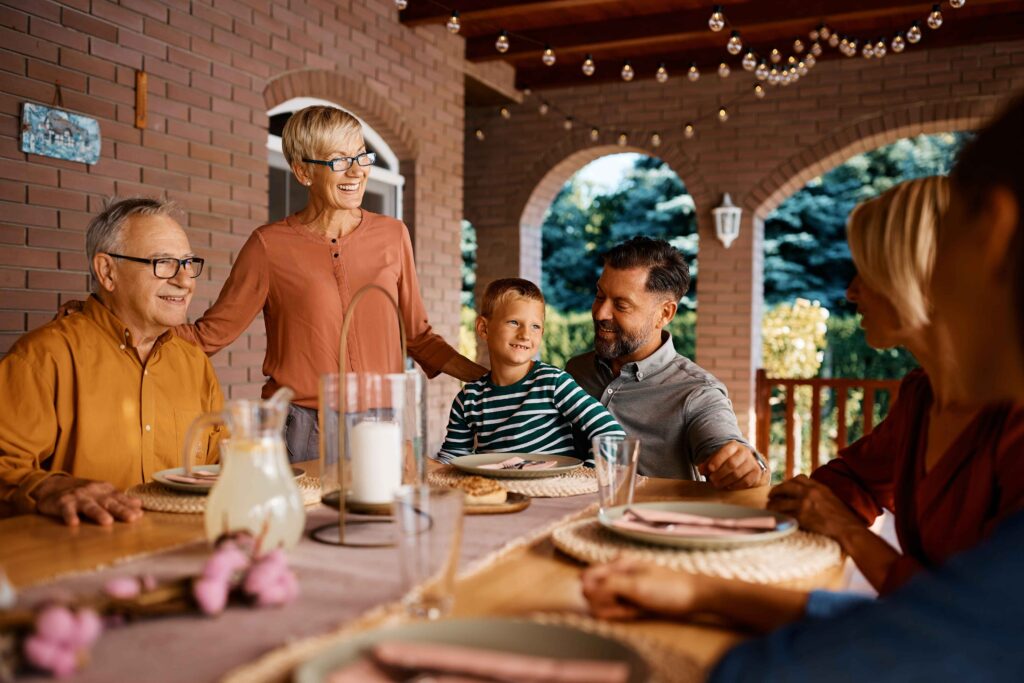Whole Body Donation in Arizona
In Arizona, your decision to donate your body directly contributes to the development of life-saving medical techniques and the education of future healthcare professionals. By choosing whole-body donation after passing, you are making a meaningful contribution to the future of healthcare that can improve the quality of life for generations to come. At United Tissue Network (UTN), we are grateful for those who donate their bodies to science, and have dedicated our business to ensuring donors are handled with respect and dignity and placed with reputable organizations.

What is Whole Body Donation?
Whole-body donation is the process of donating your, or a loved ones, body after death for use in medical research and education. This generous act supports the medical community by providing essential resources for the study of human anatomy, the development of new medical devices, and the hands-on training of surgeons and first responders. In Arizona, your donation is critical in improving healthcare outcomes and advancing medical knowledge.
Benefits of Donating Your Body to Science in Arizona
Supporting Arizona’s Medical Community
Your donation directly benefits local medical institutions and research facilities in Arizona. By providing human tissue for medical studies, you help ensure that our state’s healthcare professionals have the knowledge and skills they need to save lives.

Financial Relief for Arizona Families
In addition to contributing to medical sciences, whole-body donation offers significant financial relief for the loved ones of those who have passed. UTN covers all costs related to cremation, potentially saving your family between $1,200 and $7,000. We also cover the cost of two death certificates in Arizona, even filing the paperwork for you. This way, your loved ones will have a few less things to worry about during a challenging time.
How to Donate a Body to Science in Arizona
Donating your body in Arizona is a simple process. Here’s how it works:

Register
Begin by registering yourself or your loved one with UTN. You can register as a future pledge or register yourself or a loved one who is imminent.

Medical and Social History Review
UTN conducts a thorough review to ensure eligibility.

Donor Security Certificate
Once accepted, you’ll receive a Donor Security Certificate, guaranteeing your place in our program.
What Happens After Donating a Body to Science?
After the donor has passed, UTN coordinates with local organ procurement organizations to ensure that any viable organs are used for transplantation before your body is transported to one of our partner facilities. We handle all aspects of the cremation process, including the return of ashes to your family, typically within 4-6 weeks. We also handle transportation and death certificates in Arizona.
Why Choose UTN in Arizona?
AATB-Certified & Non-Profit
United Tissue Network has a long-standing reputation for excellence in serving the residents of Arizona. Our organization is accredited by the American Association of Tissue Banks (AATB), ensuring that every donation is handled with the utmost care and ethical consideration. As the only true non-profit tissue bank in Arizona, UTN is dedicated to advancing medical research while providing compassionate care to our donors and their families.

Local, Compassionate Support
Our team is available 24/7 to assist you and your family with any questions or concerns you may have. Our compassionate staff is committed to guiding you through every step of the donation process, ensuring that you feel supported and informed. Also, we are committed to treating our donors and their loved ones with respect and dignity so much so that we’ve written it into our ethos in the UTN Way.
FAQs
